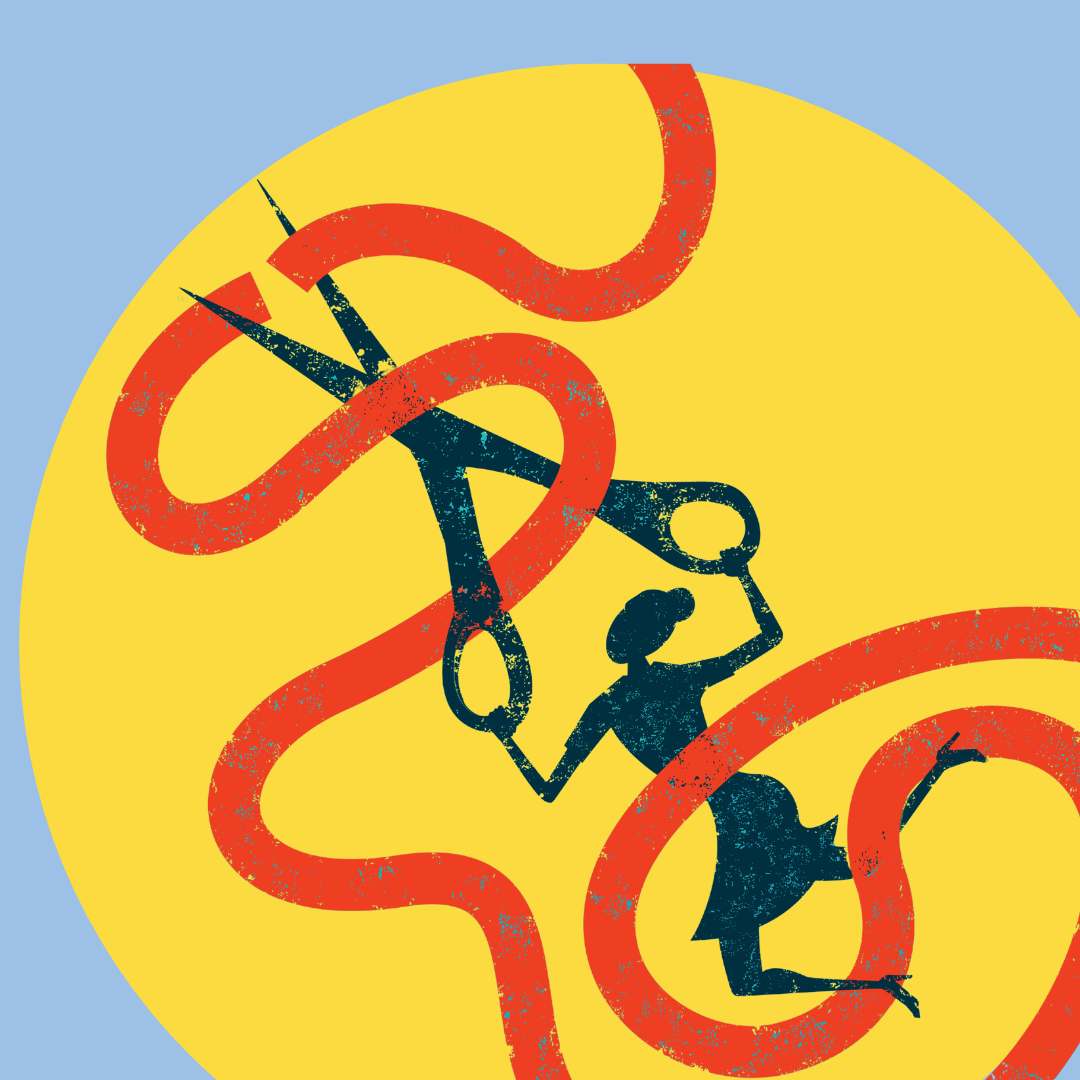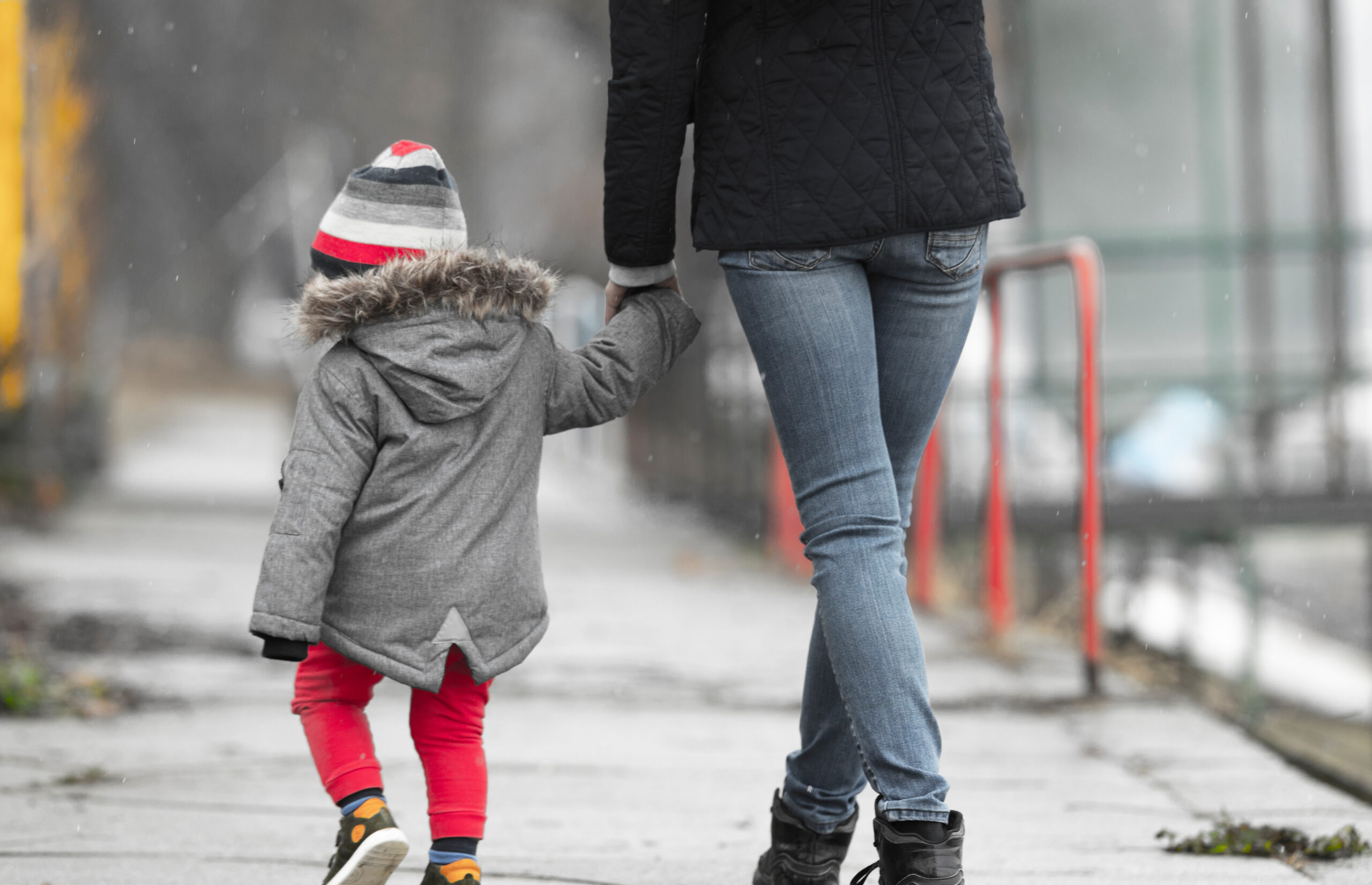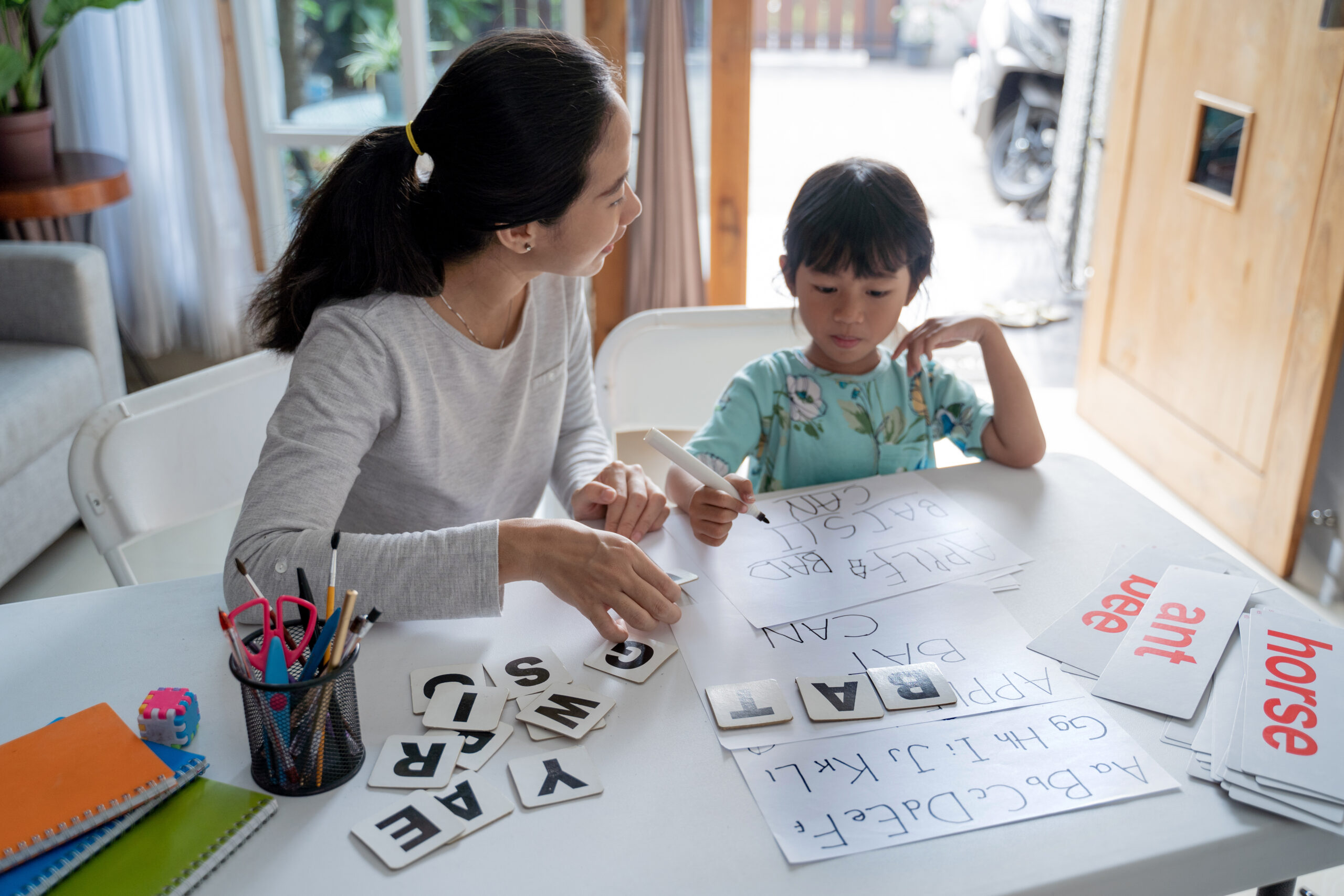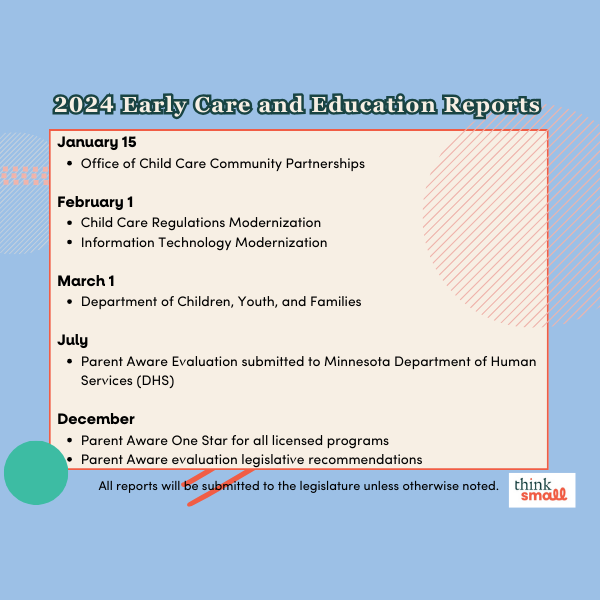By Jacqueline Zhang, Todd Otis Public Policy Intern
For many years, Barb Fabre has recognized the need for advocating for and empowering parents in the family and child care sectors. Throughout her work both inside and outside her tribal community, Fabre has realized how little support and resources tend to exist specifically for parents. Now, as the CEO of Indigenous Visioning living in White Earth, Minnesota, Fabre is committed to amplifying parent voices and developing a foundational cultural base for indigenous parents. So, with the help of the Community Solutions Grant Program through the Minnesota Department of Health (MDH), Indigenous Visioning is currently developing and implementing a Parent Leadership Training Institute (PLTI) program centered around indigenous parents.
The Idea
Fabre is a veteran in the early childhood advocacy field, and the current program being developed at Indigenous Visioning draws deeply on her previous work around child care and parent leadership. Fabre served as the Early Childhood Program Director at White Earth and created a parent mentor program back in the early 2000’s. Although the program had great success, the funding for it eventually ended, while Fabre continued her advocacy work for parents and children. She had also previously worked for Indian Child Welfare and was involved with the foster care system. She felt that virtually no one doing this type of work was advocating for parents at that time, and she prioritized connecting with parents who were at-risk or had their children removed from their homes. She worked to support them and walk through the reunification process with them. Fabre has also worked with Minnesota Family Investment Program (MFIP) and the jobs program, in which she again worked to advocate for and support parents.
Eventually, Fabre was invited to an event hosted by the Children’s Defense Fund sponsored by the National Parent Leadership Institute and learned about a Parent Leadership Training Institute (PLTI) framework through from many moving individual testimonies. A number of at-risk parents shared how the system and the current infrastructure for family and child care had failed to give parents the right tools to become empowered and support their children to their full potential. From then on, Fabre became interested in continuing her journey with parent and child advocacy by developing a Parent Leadership program for her own community.
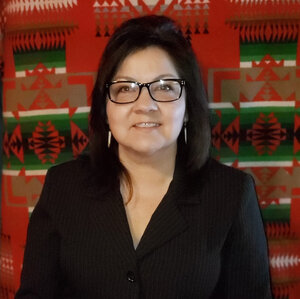
The Program
The Indigenous Parent Leadership Training will be offered to parents and caregivers in two Minnesota Tribal communities– the Red Lake Reservation and the White Earth Reservation. The program is grounded in the PLTI framework, which is a two-generational approach that helps parents to understand child development, nurture their inherent leadership/advocacy skills and help provide civic engagement tools to understand how and where they can use their parent voice to advocate for their children and the communities children. Indigenous Visioning’s project will be a 20-week class of PLTI and Cultural Curriculum that will provide parents with knowledge about indigenous historical trauma, spirituality, lost culture and history, and brain and childhood development.
The guiding principles of the training builds on many of Fabre’s past projects and echoes much of her prior work with parent empowerment, such as a focus on intervention and prevention, institutional knowledge to become lifelong agents of change, and helping parents regain hope. The training will work to enhance parents’ leadership and civic engagement skills and teach them how to best use their voices to advocate for themselves.
The Cultural Curriculum is primarily developed by Dr. Anton Treuer, a renowned author and professor of American Indian Studies. It incorporates feedback from tribal community members and will be led by trainers, community members, and elders. The training is heavily evidence-based and largely centers around the two-year PLTI research project on parent involvement and Dr. Treuer’s research and knowledge. At the end of the course, each parent will participate in a community project to utilize their learned parent leadership skills.
According to Fabre, culture is a protective and healing process. Her hope for the program is that by uplifting parent leadership and involvement, the lifelong health, safety and learning of children will be uplifted as well, while preserving traditional values, practices, and lifestyles among the community.
A Perfect Fit: Community Solutions Grant
The Parent Leadership program at Indigenous Visioning is just one of many community-based and community-informed programs funded by the MDH Community Solutions grant program, which the Voices & Choices for Children coalition helped create and advocate for at the Minnesota legislature. According to Fabre, the idea for an indigenous parent-centered training program came long before the creation of the program itself, but it was difficult to find grants and funding that would allow for enough freedom to fully implement the initiative. That was, she says, until Community Solutions came along, which she felt was a “perfect fit” for the program.
The grant program itself is unique from other funds in that it follows the guiding principle that communities understand themselves best and are the most qualified to identify their needs. Thus, Community Solutions Grantees are given high levels of autonomy and flexibility in implementing their program according to their vision. While this type of community-centered, decentralized funding is effective in helping to empower communities and marginalized identities, it is unfortunately in the minority of the existing grant programs. Fabre’s story is not uncommon– there are countless ideas for initiatives and programs that have the potential to make long-term, systemic changes within local communities, but very few actually end up being given the resources and the trust to implement them.
In addition to funding, Fabre says that there is also a need for more collaborations and partnerships dedicated to sharing goals and resources. The ideas and innovation to improve our communities are already out there and communities are ready for change. Now, we must give them the tools to make their visions a reality.
If you are interested in supporting and learning about Indigenous Visioning’s work, check out their website: https://www.indigenousvisioning.com/.
Find more information about other Community Solutions Grantees and their initiatives. Check out the work of Voices & Choices.

